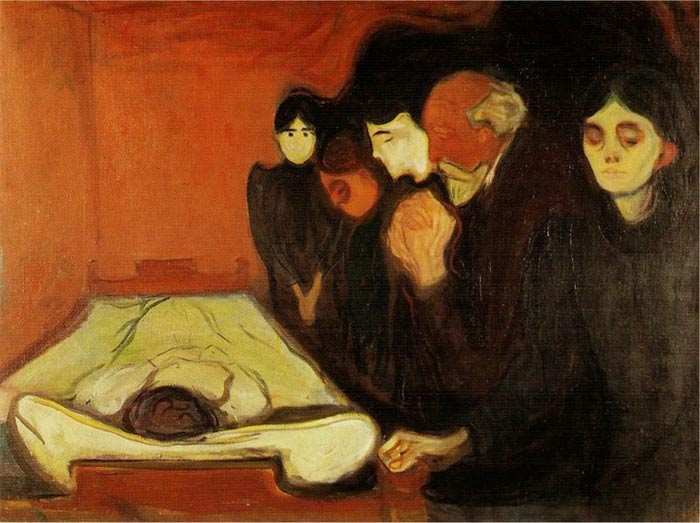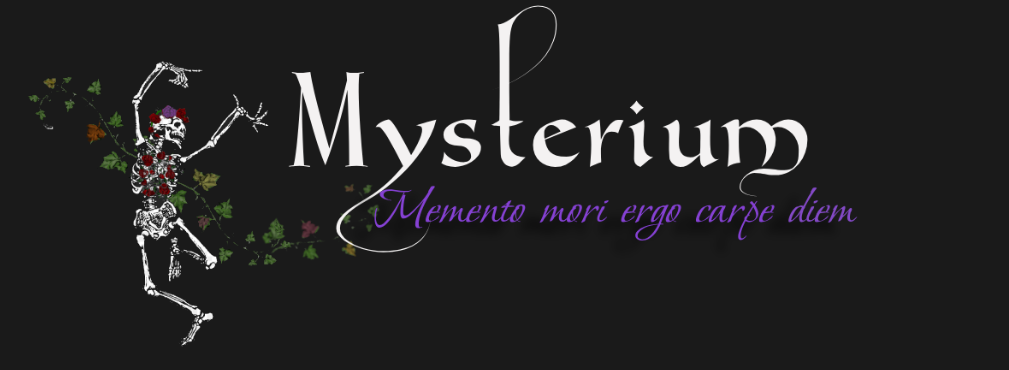
I taught a course last semester, at Brandeis University, on elegy and contemporary death practices. This humanities practicum was entitled “Inventing Farewell” because every modern generation must re-invent its relations to the dead. It was a pedagogical experiment. The students in this workshop read contemporary poems to discover what they have to offer a modern world searching for meaningful ways to hold vigil, bear witness, care for corpses, and create zones of felt contact between the living and dead. I taught the course out of an emphatic belief, with a polemical edge: that poetry of mourning is a powerful, if neglected, resource for asserting agency in the face of death today.
Immersed in this writing, students were challenged to think of imaginative solutions to real problems. They designed a necropolis or memorial park, brainstormed commemoration practices that could gather the bereaved, proposed neighborhood historical exhibits, wrote their own poetry, created maps of funerary spaces. By the end of the semester, students had portfolios of original work involving the mortuary imagination. Students came to realize that we need not be passive in the terrible challenge of another’s dying.
